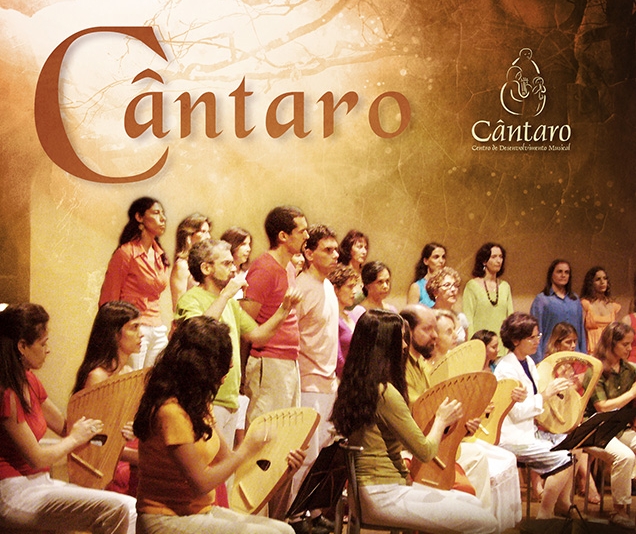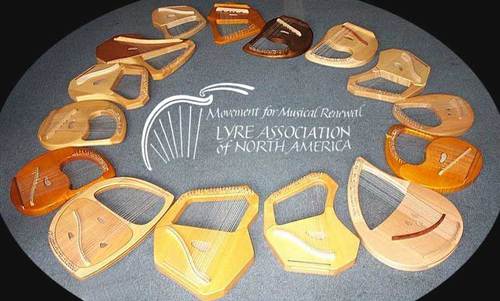Book Review: “Soundings - A Lyre Review”
/We hope that everyone in the lyre community is aware of the riches in our journal, Soundings: A Lyre Review. Each issue of Soundings is published in two parts, one containing articles of real substance and permanent value and the other containing music.
Soundings - Volume 7 is about to be released! We warmly invite you to join the Lyre Association of North America if you are not currently a member. Members not only support the work of the Lyre Association but also receive an annual subscription to Soundings and a discount on our conference fees and music sales. The annual fee is $50 for supporting members and $40 for regular members.
Articles in Volume 5 - Soundings – Advent 2014:
Potential of the Unique Resonance of Lyre Tones, by Hajime Kira
“The resonance of the lyre reveals the invisible essence of the music to the player as well as to the listener when we are balancing the four elements, connecting the ‘I’ with the moment, and creating the vessel of silence.”
Inner Balance and the Lyre by Catherine Read
“Working on inner listening immediately forms connections among people, and these connections provide the possibility of cooperative work with the spiritual world.”
The Interval and Movement by Christof-Andreas Lindenberg
"In these days of the … anniversary of building the first lyre (in the night from the fifth to sixth October, 1926), one’s thoughts turn to Lothar Gärtner. Together with Edmund Pracht, he willed the lyre out of its own ether movement, if one can say so. This truly was a Michaelic deed."
Volume 5 Music Supplement, contains:
In the Silence of Listening, by Channa Seidenberg
Two sets of Travels compositions by the late Jean Anderberg, The Breathing Sea and A Dream of Land
Into Advent and Advent Music for Two Instruments, by Christof-Andreas Lindenberg
And Pastoral Symphony (From the Messiah), arranged by Michael Brewer
Another special feature of volume 5 is POETRY by Christian Morgenstern (Krishna Mood) and Catherine Decker (Earth Hush).
Back issues are available!
* Back issues of Soundings are available for $9.50 each plus shipping. Members receive a 5% discount. Send a check (payable to "LANA") to 2237 Kimberton Rd, Phoenixville, PA 19460 or send money to PayPal.me/LyreAssoc.
For a list of music and books available from the Lyre Association, click here.
To receive FREE SHIPPING on your next order (US orders only), use this code on checkout: “BOOK-REVIEW1.” See Music For Sale on our website at www.LyreAssociation.org.
Visit our web store at: www.lyreassociation.org/music-for-sale









